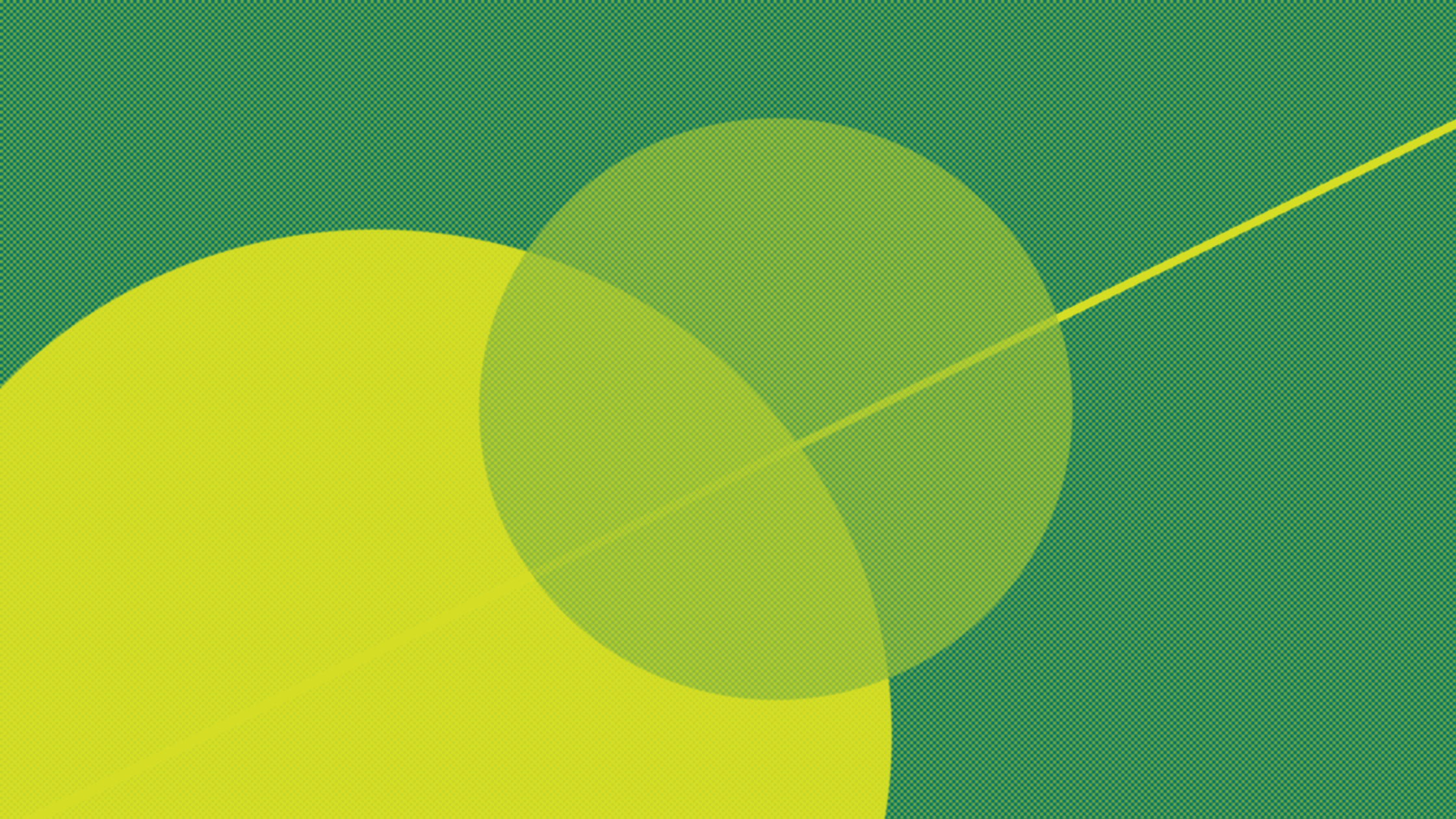What should health journalists (and bloggers) be expected to know?
I recently got alerted to this great post from R. W. Donnell, an internist in Arkansas who posts as Notes from Dr RW , on what medical journalists should be expected to know before they are allowed to cover stories.
He lists a whole set of questions in an exam that they should be required to take, ranging from those that seem like no brainers, eg:
“Outline the scientific method.” or “Define and distinguish: epidemic, pandemic, endemic.” or “Define and distinguish: heart failure, shock, heart attack, angina.”
to those that are rather more philosophical:
“Explain the hazards of examining scientific questions in the arena of public debate.” (though I’d like to know that a journalist had at least thought about this issue),
to ones that I have to admit I’d struggle with:
“Explain how the 1918 influenza pandemic was fundamentally different from the 1957, 1968 and 2009 pandemics.”
We’ve covered health journalism quite a bit at PLoS Medicine (see here and here) and I have great admiration for anyone who seeks to improve it – such as Gary Schwitzer over at healthnewsreview.org and it certainly set me thinking about other questions you’d want to be sure that reporters have got straight. Top of my list (just below “What’s the difference between association and causation?”) would be “Define the difference between absolute risk and relative risk?”. I once mentioned this to a very well respected health reporter for a serious UK newspaper who replied that it simply was not that important for their readers.
Gary Schwitzer has the best riposte to this position when he defined it as: “Knowing relative risk reduction is like knowing you have a 50% off coupon but not knowing whether it’s for a Lexus or a lollipop. Absolute risk reduction tells you what the “coupon” is worth.”
So, what other questions should we expect health reporters, or, dare I say it, bloggers, to answer?

[…] What should health journalists (and bloggers) be expected to know? […]
[…] , evidence-based medicine , medicine , reporting , science , science-based medicine I saw this blog post, which almost made it into my Sunday Blogs Round-Up, except I decided to make it the subject of a […]